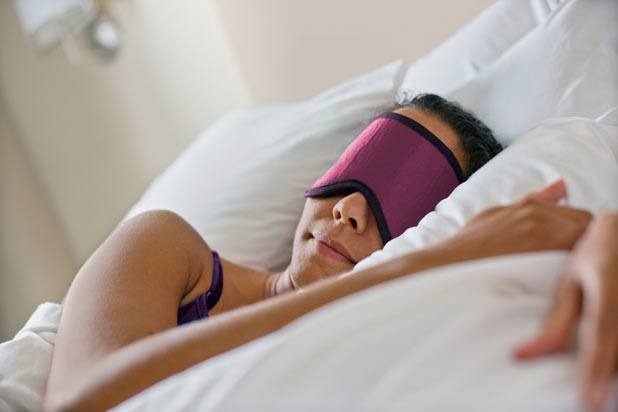10 Ways To Help Avoid Jet Lag (Slideshow)
Shift your bedtime by an hour or two in the right direction starting three days before your trip. If you are traveling east, move your bedtime earlier, and if you are traveling west, do the opposite.
Adapt to your new time zone
The minute you step into the airplane cabin, adopt the hour of the time zone you're traveling to. Reset your watch and start to think according to the new time zone.
Drink water
Drink plenty of water before, during, and after your flight to keep your body hydrated. Experts recommend that you drink at least two 8-ounce glasses just before departure and one 8-ounce glass every hour while in the air.
Avoid alcohol
Avoid drinking alcohol, as well as ingesting other depressants or other motion-sickness drugs, before, and during your flight, as these tend to make you drowsy and mess with your body's ability to reset to a new sleeping pattern.
Eat light
Eat more lightly than you are accustomed to before, during, and after your flight, as high-fat and high-carb foods can make it harder to sleep.
Take short naps
It is OK to take a daytime nap after arrival, but keep it to 30 minutes or less so it won't disrupt your nighttime sleep.
Move around
Taking a walk after landing might not only re-energize your body and wake up your muscles after a long flight, but a sunny day will also give your body a dose of the best all-natural energy: sunlight.
Take a hot bath
A bath can ease sore muscles from travel and help you relax and wind down. The drop in your body temperature when you get out of a bath may also make you sleepy.
Minimize sleep distractions
Pack an eye mask and earplugs, which might help you sleep on the plane and at the arrival destination. Also try to eliminate distractions in your room at bedtime, such as light shining in through a window.
Consider medication
Though it usually is not necessary to get treatment for jet lag, if you are a frequent flier and the above tips don't seem to help, you may consider talking to your doctor about possible temporary medications, such as melatonin, to help you keep up with your normal sleeping pattern.









